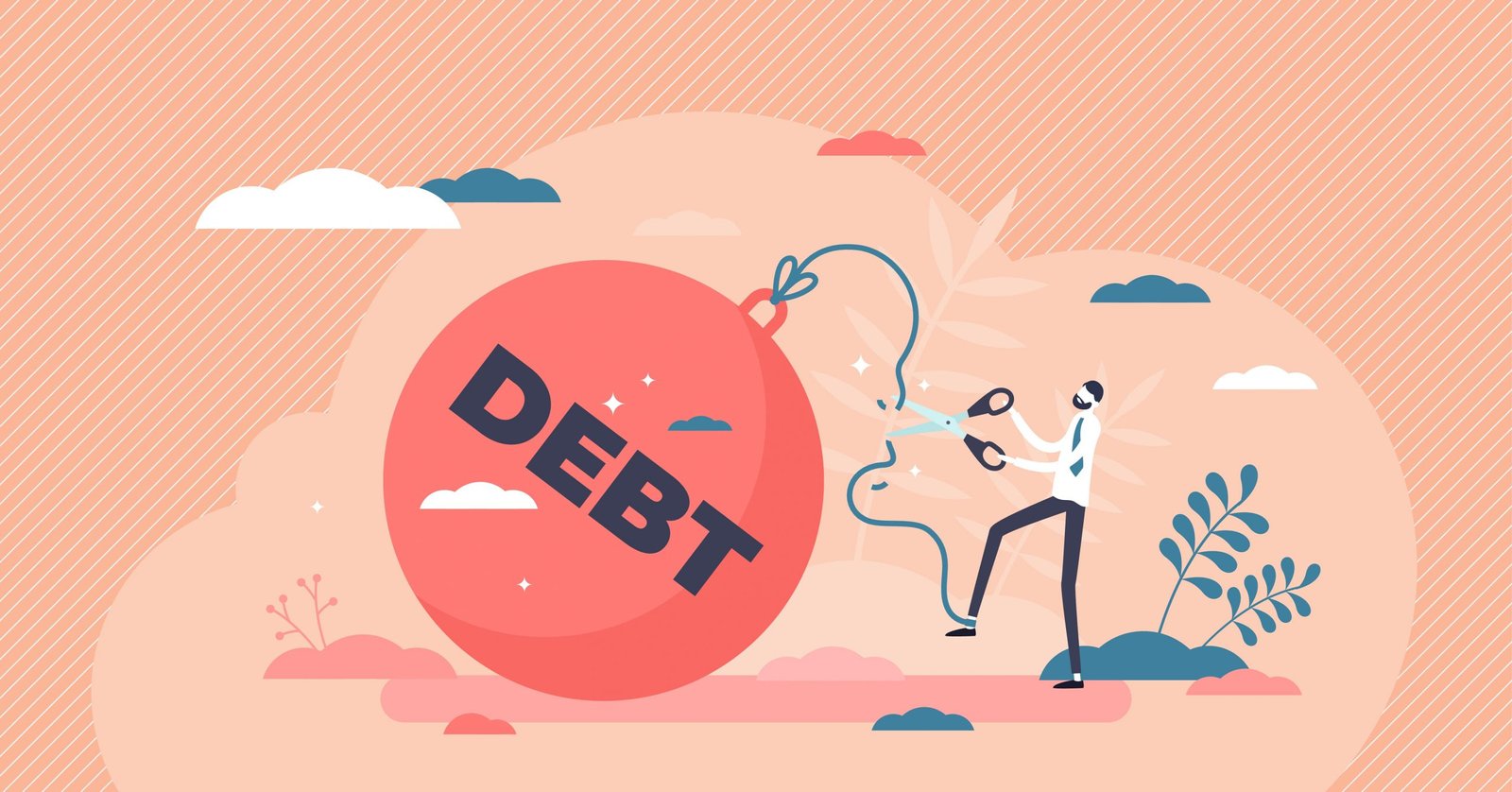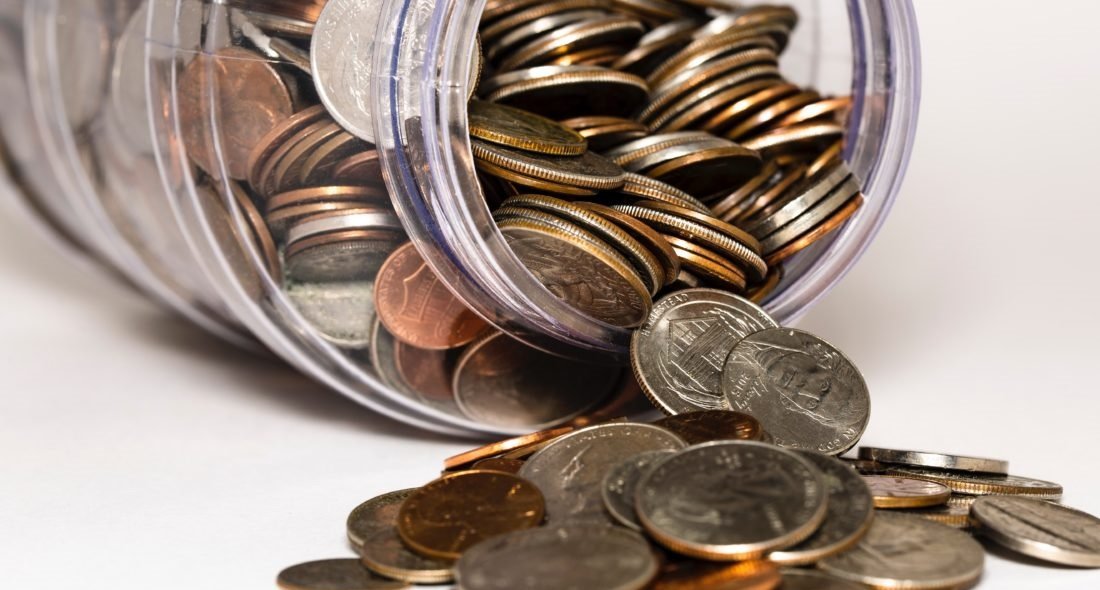If you’re struggling with debt, you’re not alone. Many people find themselves facing overwhelming bills and loans. But don’t worry! There are many best ways to achieve debt relief that can help you regain control of your finances. In this article, we’ll explore simple and effective strategies to help you reduce debt, improve your financial situation, and live a stress-free life.
What is Debt Relief?
Before diving into the best ways to achieve debt relief, it’s important to understand what debt relief means. Simply put, debt relief refers to any strategy or plan that reduces or eliminates your debt. It can involve negotiating with creditors, consolidating loans, or even filing for bankruptcy in extreme cases. There are many methods available, but the best way to approach it depends on your unique financial situation.
Debt Consolidation
Debt consolidation is one of the most popular and effective ways to achieve debt relief. It involves combining multiple debts into one single loan, often with a lower interest rate. This makes it easier to manage your payments and can even lower your overall monthly payment. By consolidating your debts, you only have to worry about one payment instead of several, which can reduce stress and help you stay organized.

Benefits of Debt Consolidation
- Lower Interest Rates: Often, consolidating your debt will result in a loan with a lower interest rate, saving you money.
- Simplified Payments: With only one payment to manage, you are less likely to miss a payment, reducing late fees and penalties.
- Reduced Stress: Keeping track of only one debt helps reduce the overwhelming feeling of managing multiple loans or credit cards.
Debt Settlement
Another great option when looking for the best ways to achieve debt relief is debt settlement. This method involves negotiating directly with creditors to settle your debts for a lesser amount than what you owe. Typically, you’ll need to hire a debt settlement company to help negotiate with your creditors. While this can be a good option for some, it’s important to note that it can have a negative impact on your credit score.
Pros of Debt Settlement
- Lower Payments: Creditors may agree to reduce the amount of debt you owe, making it easier to pay off.
- Faster Debt Relief: This method can help you pay off your debts more quickly than other methods.
- Less Stressful: The negotiation process often takes the pressure off, as creditors may offer you more manageable terms.
Cons of Debt Settlement
- Credit Score Impact: Settling your debt for less than what you owe could lower your credit score.
- Tax Implications: Any amount of debt that is forgiven could be considered taxable income, which could lead to additional tax responsibilities.
Bankruptcy as a Last Resort
Bankruptcy is considered a last resort for debt relief, but it can be effective in extreme cases. If you’re unable to pay off your debts and other methods haven’t worked, filing for bankruptcy can discharge most of your debts, giving you a fresh financial start. However, it has serious consequences, including a long-lasting impact on your credit score and the potential loss of assets.
Pros of Bankruptcy
- Complete Debt Relief: Bankruptcy can wipe out most unsecured debts like credit card bills and medical bills.
- Fresh Start: It offers a clean slate, allowing you to rebuild your finances from scratch.
Cons of Bankruptcy
- Long-Term Credit Damage: Bankruptcy stays on your credit report for several years, making it harder to get loans or credit in the future.
- Asset Loss: You may be required to sell assets like property or vehicles to pay off some of your debts.
Creating a Debt Repayment Plan
Another great way to achieve debt relief is by creating a solid debt repayment plan. This plan helps you prioritize your debts and pay them off over time. The debt snowball method is a popular strategy where you pay off your smallest debts first, gaining momentum as you go. Alternatively, the debt avalanche method targets the highest interest rate debts first, which can save you more money in the long run.
Benefits of a Repayment Plan
- Clear Path to Debt Freedom: A repayment plan gives you structure and direction in paying off your debt.
- Improved Financial Habits: Sticking to a plan can help you develop better financial habits and avoid getting into debt again in the future.
Seek Professional Help
If you’re unsure about which method is right for you, seeking help from a financial advisor or credit counselor can be a smart move. Professionals can assess your financial situation and guide you toward the best ways to achieve debt relief based on your needs.
Why Professional Help Can Be Beneficial
- Expert Advice: Financial advisors have experience in handling debt and can recommend the best options for your situation.
- Personalized Plans: A counselor will work with you to create a customized plan to pay off your debt effectively.
Conclusion
Achieving debt relief doesn’t have to be complicated. Whether you choose debt consolidation, settlement, or another method, taking the first step toward reducing your debt is essential. By using the best ways to achieve debt relief, you can regain control of your finances and start living a life free from financial stress. Stay patient and committed to your plan, and soon you’ll see your debt decrease and your financial confidence grow.











